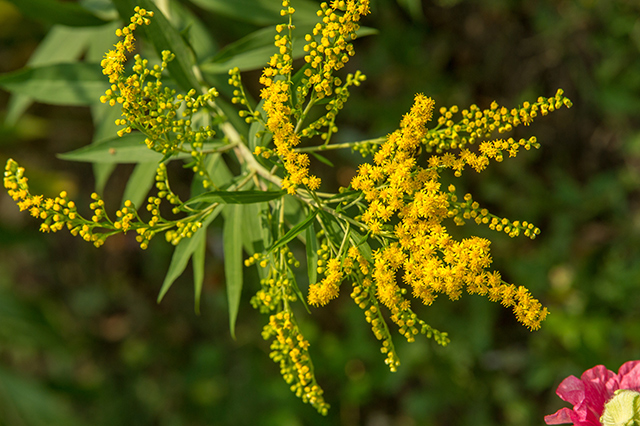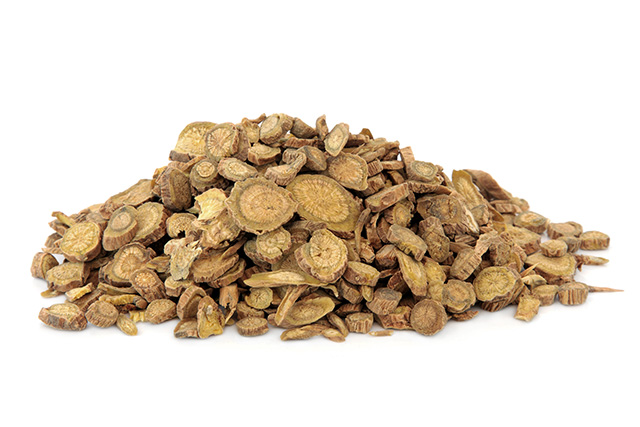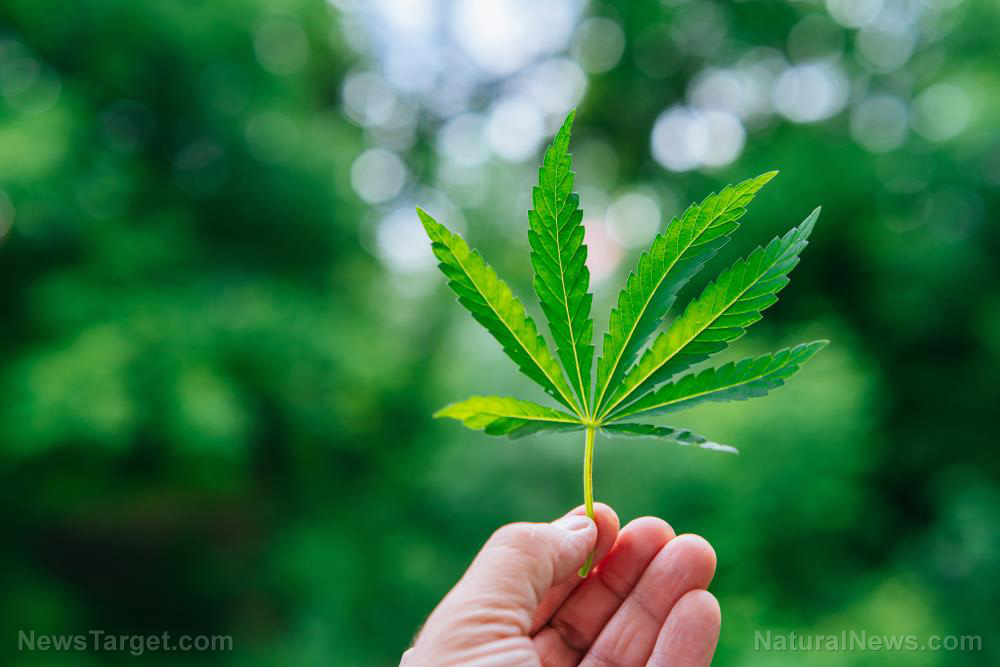Cannabis can help fight coronavirus, study says
05/23/2020 / By Franz Walker

Cannabis could be a new weapon in the fight against the Wuhan coronavirus (COVID-19), researchers say. A new study by scientists at the University of Lethbridge in Alberta says that cannabidiol (CBD) — the main non-psychoactive component of marijuana — can help fight the coronavirus by lowering the number of cell receptors available for the latter to attach to.
“There’s a lot of documented information about cannabis in cancer, cannabis in inflammation, anxiety, obesity and whatnot,” said Dr. Igor Kovalchuk, who co-authored the study alongside his wife, Dr. Olga Kovalchuck, and a team of other researchers from Lethbridge. “When COVID-19 started, Olga had the idea to revisit our data, and see if we can utilize it for COVID.”
“It was like a joker card, you know, coronavirus. It just mixes up everybody’s plans,” Olga added.
The Kovalchuks’ have been working with cannabis since 2015, using varieties from around the world to create new hybrids and develop extracts that demonstrate certain therapeutic properties.
CBD reduces available ACE2 receptors for the virus to latch on to
For the study, published in pre-peer review server Preprints, the researchers partnered with cannabis therapy research company Pathway Rx — of which Igor Kovalchuck is the CEO — and cannabinoid-based research company Swysh.
The team created 3D tissue models with human oral, mucociliary and intestinal tissues and tested them with different samples of high CBD extracts. The extracts were low in tetrahydrocannabinol (THC), the main psychoactive ingredient in marijuana. (Related: CBD vs. coronavirus? Potential natural remedies that promote immunity.)
With this setup, the researchers then observed the effect that the extracts had on angiotensin-converting enzyme 2 (ACE2), the receptor that the virus uses to enter human cells.
The results of the researchers’ tests demonstrated that the extracts helped reduce the number of these receptors that the coronavirus could use to “hijack” host cells.
“A number of them have reduced the number of [ACE2] receptors by 73 percent, the chance of it getting in is much lower,” stated Igor.
“If they can reduce the number of receptors, there’s much less chance of getting infected,” he added.
In addition to ACE2, the researchers also looked into other receptors such as transmembrane serine protease 2 (TMPRSS2), which allows the virus to invade cells more easily and multiply quickly.
“Imagine a cell being a large building,” explained Kovalchuk to CTV News. “Cannabinoids decrease the number of doors in the building by, say, 70 percent, so it means the level of entry will be restricted. So, therefore, you have more chance to fight it.”
Clinical trials still needed but exploring therapeutic options is important
The researchers’ early findings indicate that the CBD extracts could be used in inhalers, mouthwash and throat gargle products for both clinical and home treatment.
However, they say that people looking for CBD extracts to fight the coronavirus won’t be able to do so at their local dispensaries yet. They state that the current medical cannabis and CBD products, while helpful for a lot of ailments, are not designed to treat or prevent infection from COVID-19.
“The key thing is not that any cannabis you would pick up at the store will do the trick,” said Olga.
With this in mind, the researchers are now actively pursuing clinical trials. They stressed that their data is already based on human tissue models, so these trials are a natural next step.
They also highlight the importance of exploring every therapeutic option when it comes to fighting the coronavirus.
“Given the current dire and rapidly developing epidemiological situation, every possible therapeutic opportunity and avenue needs to be considered.”
“We need to bring it to the people,” says Olga. “We need to fight the beast.”
Visit Pandemic.news to learn more about how health experts are learning to fight the coronavirus.
Sources include:
Tagged Under: Canada, cannabidiol, cannabidiol oil, cannabis, CBD, coronavirus, covid-19, disease, epidemic, Flu, hemp, marijuana, marijuana legalization, natural cures, natural health, natural medicine, Naturopathy, outbreak, remedies
RECENT NEWS & ARTICLES
COPYRIGHT © 2017 REMEDIES NEWS



















